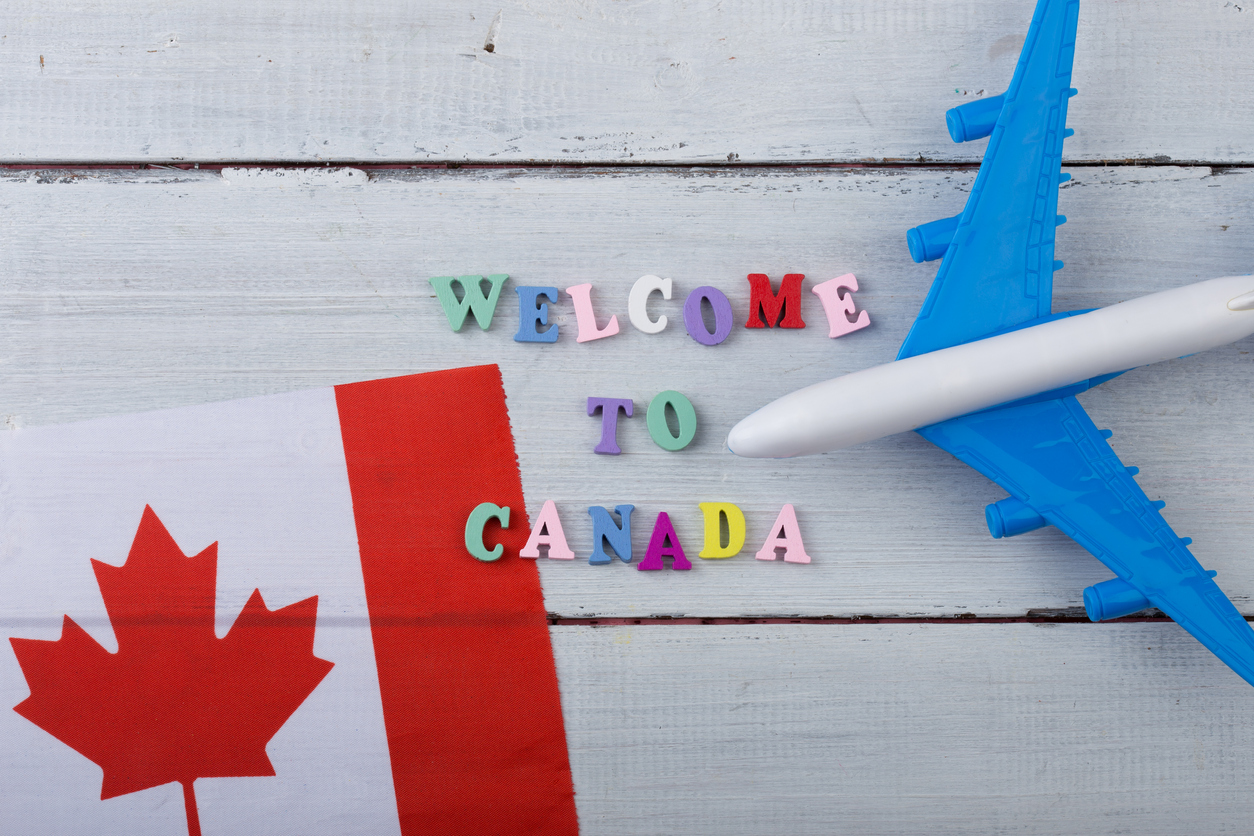The Canadian government understands that its immigration policies need to take into account the rapid internationalization of the world’s economy. Thus, Canada decided to make 2020 a year when the nation will focus on boosting its support for immigration programs that function on a regional and provincial level. Also, the development of specific sectors of the Canadian economy and the globalization of the Canadian marketplace is pushing many regions across the nation to develop some comprehensive immigration strategies.
For example, the Atlantic Immigration Pilot is a program that impacts the four Atlantic provinces of Prince Edward Island, Newfoundland and Labrador, New Brunswick, and Nova Scotia. Thus, the Atlantic Immigration Pilot enabled these provinces to accept more than 4,000 new immigrants. At the same time, this Atlantic Immigration Pilot is just one example of the many new programs that the Canadian government is presently enacting across the nation.
Also, an immigration lawyer can provide an individual with precise details on the conditions for applying for the right to immigrate to Canada. If an immigrant comes with their family, they may wonder if their children and their spouse can also immigrate. However, only a fully qualified legal professional will be able to provide immigrants with accurate information concerning their specific circumstances.

Canada is now calling on the provinces to move forward with some comprehensive immigration reforms that would end the issues that presently exist in the realm of Canadian immigration. As an illustration, not only do the Canadian territories and provinces aim to recruit some additional immigrants with the Provincial Nominee Program, but they also seek to channel more of these immigrants into destinations beyond the major cities. With the present immigration system, most of the territories and the provinces are experiencing a situation where at least 80% of all of their immigrants choose to reside only in the major urban centers.






